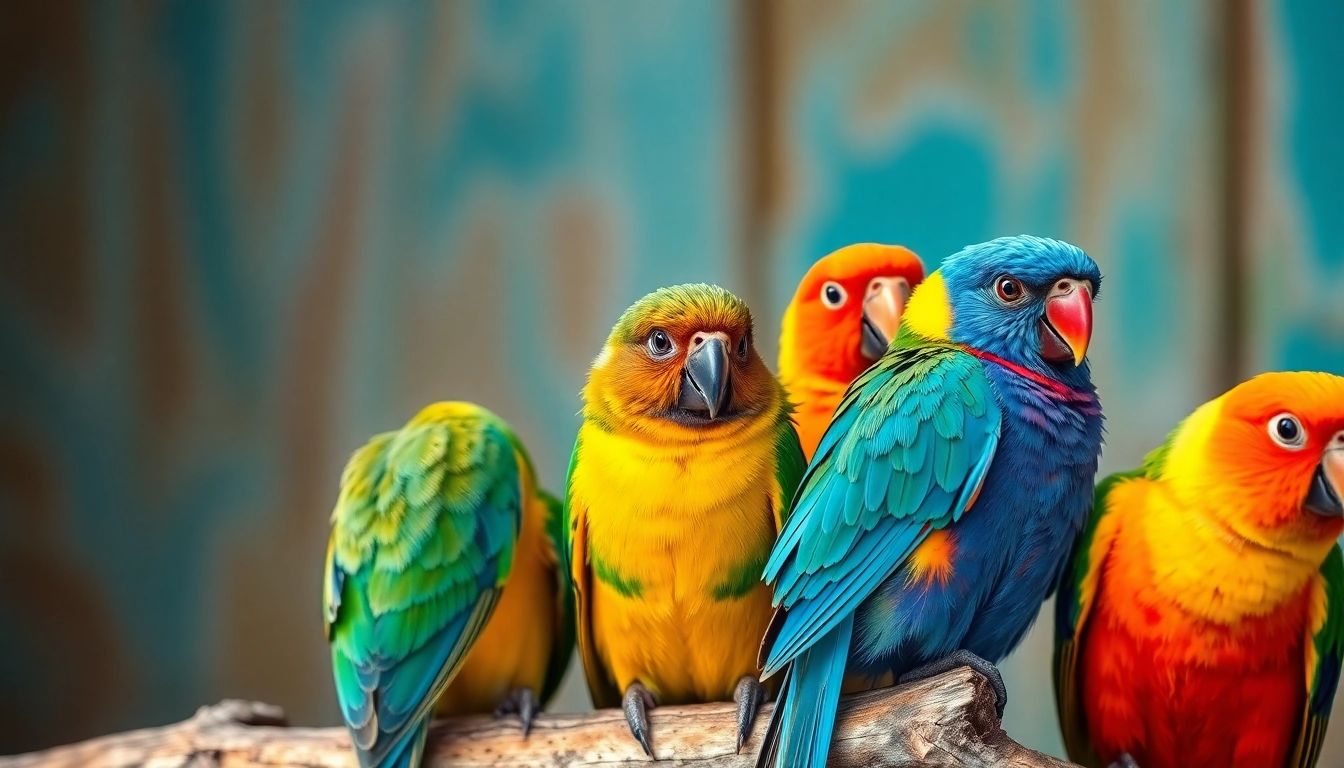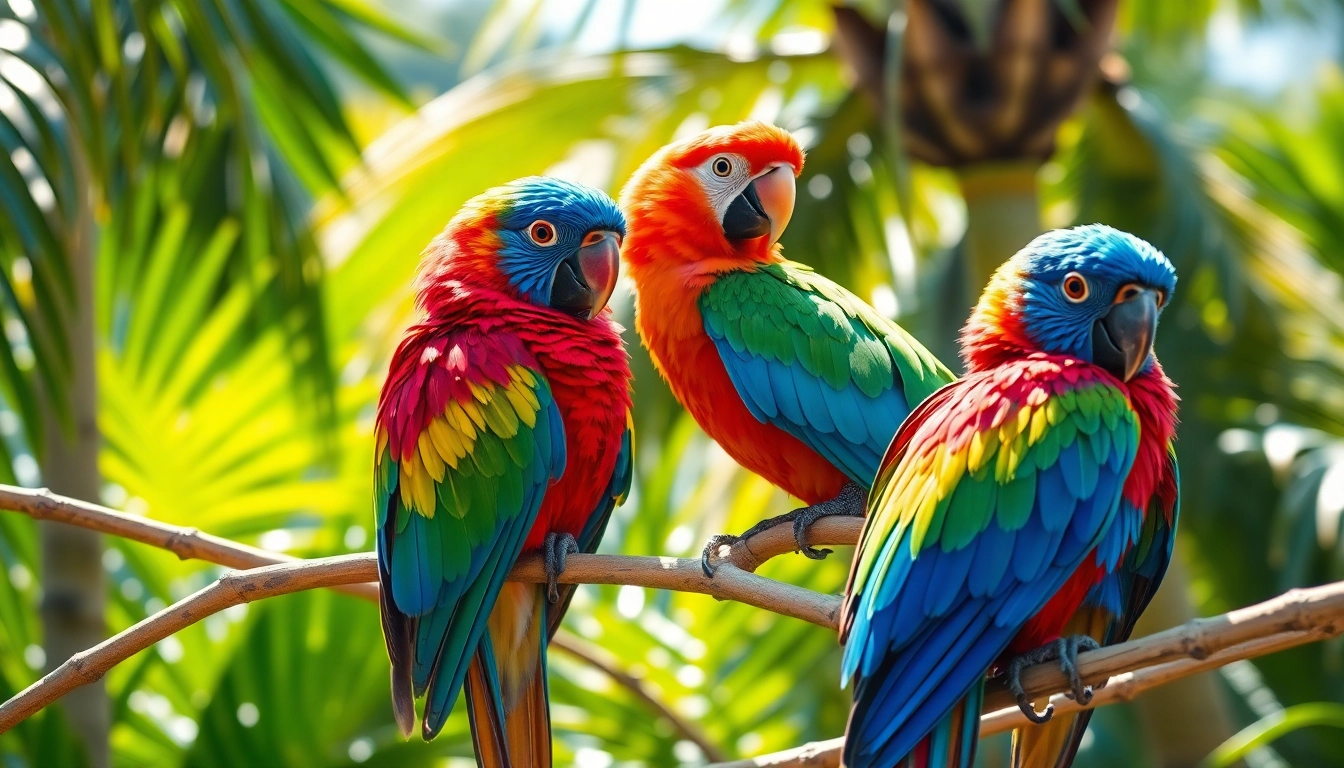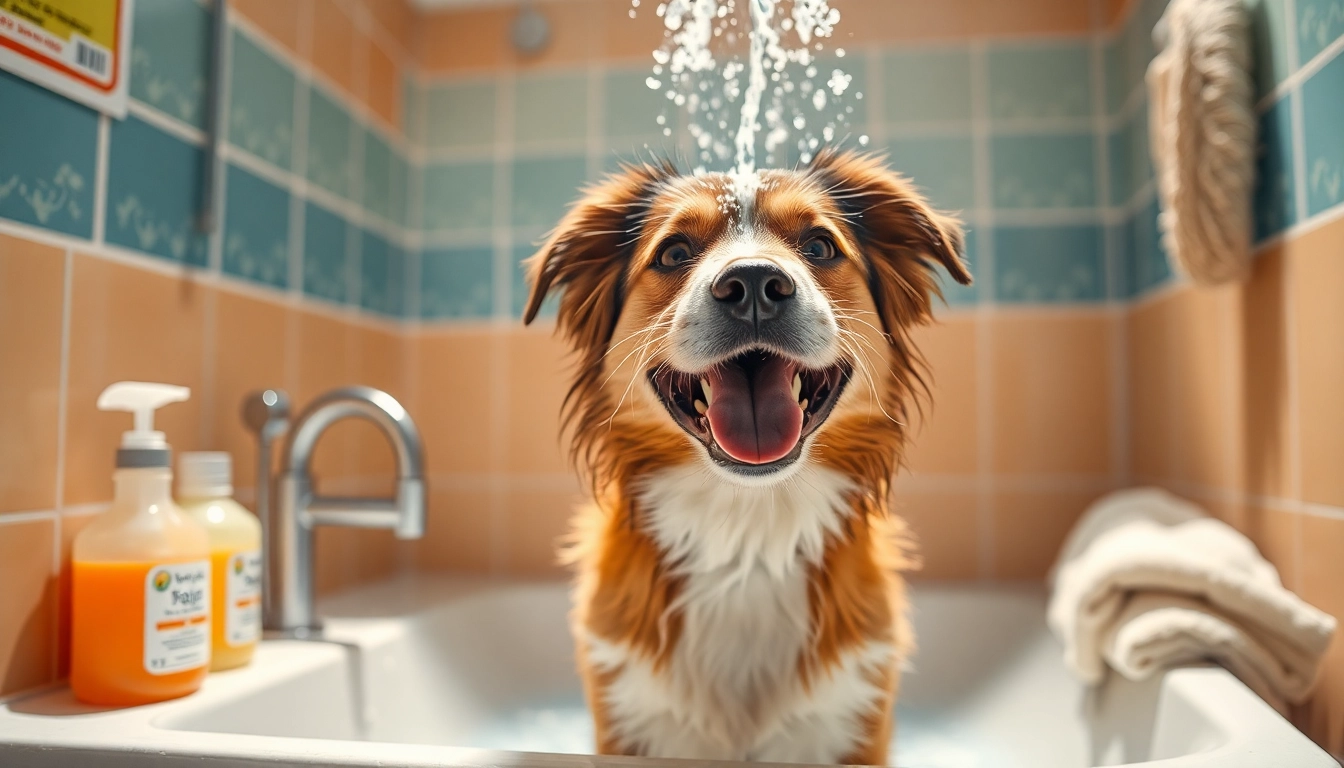Understanding Different Types of Pet Birds and Their Needs
Owning a pet bird can bring unparalleled joy, vibrant colors, and lively sounds into your home. With a wide variety of species available, each with unique traits and requirements, selecting the right bird is crucial for a harmonious relationship. When considering pet birds, prospective owners must evaluate species characteristics, environmental needs, and personal lifestyle factors to ensure a perfect match.
Popular pet bird species and their characteristics
Some of the most beloved pet bird species include budgerigars (budgies), cockatiels, lovebirds, conures, and African grey parrots. Each offers distinct advantages and challenges:
- Budgerigars: Small, affordable, and highly social, they thrive on interaction and can be taught to mimic simple words.
- Cockatiels: Known for their gentle nature, they are intelligent and capable of learning tricks, but they require moderate care.
- Lovebirds: Highly social and affectionate, they demand companionship, either from their owners or another bird.
- Conures: Vibrant and playful, they are active and intelligent, needing stimulation and mental engagement.
- African Grey Parrots: Renowned for their impressive vocabulary and cognitive skills, they require significant mental stimulation and companionship.
Factors to consider when choosing your pet bird
Choosing the right pet bird involves assessing various factors, such as lifespan, temperament, noise levels, and care requirements. For example, larger parrots like African greys can live over 50 years, demanding a long-term commitment. Conversely, smaller birds like finches have shorter lifespans but require less space. Additionally, consider your household environment: do you have children, busy schedules, or a quiet living space? Matching the bird’s personality and needs with your lifestyle ensures mutual happiness.
Assessing space and environment requirements for pet birds
Your living space significantly influences your choice. Birds need ample room to fly and stretch their wings; a small cage might suffice temporarily but is inadequate for long-term housing. It’s recommended to select cages that are at least 1.5 to 3 times the bird’s wingspan in width and provide vertical space for climbing. The environment should be free from drafts, direct sunlight, and exposure to toxic fumes or pollutants. Keeping the cage in a social area, such as the living room, facilitates interaction, which is vital for the bird’s mental health.
Creating an Ideal Habitat for Your Pet Birds
Choosing the right cage and accessories for pet birds
An optimal cage acts as your bird’s sanctuary. It should be constructed from non-toxic materials with bars spaced appropriately for the species—usually between 0.5 to 1 inch apart to prevent escapes or injuries. Accessories such as perches of varying diameters, hiding spots, and toys help promote natural behaviors. Incorporate natural wood perches, swings, and ladders to encourage activity and prevent foot problems. Regularly clean and disinfect the cage, replacing worn accessories to maintain hygiene and safety.
Nutrition essentials and feeding schedules for pet birds
Proper nutrition is fundamental to a bird’s health and longevity. A balanced diet combines high-quality pellet food, fresh fruits, vegetables, and occasional seeds. Fruits like apples, berries, and melons provide essential vitamins, while dark leafy greens such as kale or spinach supply minerals and antioxidants. Avoid feeding your bird chocolate, caffeine, avocado, and alcohol, which are toxic. Establish a consistent feeding schedule—generally, offering fresh food twice daily—and ensure access to clean, fresh water at all times.
Maintaining cleanliness and hygiene in bird habitats
Regular cleaning minimizes disease risk. Clean cages daily by removing soiled bedding, uneaten food, and droppings. Wash perches, toys, and feeding dishes weekly with bird-safe disinfectants. Using cage liners or paper bedding simplifies cleanup. Good hygiene not only prevents bacterial and fungal infections but also promotes a healthy environment, positively affecting your bird’s behavior and longevity.
Training, Socializing, and Enrichment for Pet Birds
Basic training tips to foster trust and good behavior
Training enhances your bond and encourages desirable behaviors. Start by establishing trust through gentle handling, speaking softly, and offering treats. Use positive reinforcement, rewarding good behavior with favorite foods or praise. Training sessions should be brief, consistent, and patient. For example, teaching a bird to step onto your hand or navigate a simple obstacle course can build confidence and reduce stress during interactions.
Interactive toys and activities to stimulate pet birds
Enrichment prevents boredom and manifests natural behaviors such as foraging, climbing, and exploring. Toys like foraging puzzles, bells, and chewable wood block provide mental and physical stimulation. Rotate toys weekly to maintain interest. Encourage foraging by hiding food within toys or substrate, mimicking natural feeding habits in the wild and reducing behaviors like feather plucking or aggression.
Building bonds and ensuring mental health of pet birds
Close social bonds are vital; spend daily time with your bird outside the cage, engaging in activities like talking, kissing, or supervised flying. Mimic their calls and respond to their cues. Consistency and patience foster trust, which results in more relaxed and affectionate interactions. Observing your bird’s mood, understanding their body language, and providing a calm, enriching environment help promote optimal mental health.
Common Health Concerns and Preventative Care for Pet Birds
Recognizing signs of illness in pet birds
Early detection of health issues is crucial. Watch for changes in appetite, droppings, feather condition, and activity level. Symptoms such as fluffed feathers, nasal discharge, labored breathing, or lethargy warrant prompt veterinary attention. Maintaining daily observation and fostering an environment of trust encourages your bird to exhibit normal behaviors, making it easier to detect abnormalities.
Routine veterinary care and health checkups
Regular veterinary visits—at least annually—are essential. An avian veterinarian can perform comprehensive health assessments, blood work, and address potential nutritional deficiencies. Keep a record of your bird’s health history, vaccination schedule, and any treatments. Preventative care reduces the risk of serious illnesses, ensuring a longer, healthier life for your pet.
Preventing common diseases and injuries in pet birds
Preventative measures include maintaining cage hygiene, providing a balanced diet, and avoiding exposure to hazards like toxic fumes or open windows. Be vigilant about potential injuries from falls or biting. Mites and bacterial infections are common but preventable through cleanliness and regular health checks. Educating yourself about species-specific ailments enhances your ability to respond swiftly when issues arise.
Guidelines for Long-Term Care and Sustainability of Pet Birds
Ensuring proper life stage support and companionship
As your bird ages, their needs evolve. Older birds may require softer-food diets, lower perches, and more frequent health checks. Maintaining social engagement and mental stimulation remains vital across all life stages to prevent loneliness and cognitive decline.
Managing diet and environment for aging pet birds
Adjust diets to include more fiber, antioxidants, and medications if necessary. Provide accessible perches and ensure the cage is in a calm environment to reduce stress. Regular veterinary exams enable early detection of age-related issues such as arthritis or organ decline, allowing for proper management.
Resources and community support for pet bird owners
Joining local or online bird owner communities provides valuable insights, shared experiences, and support. Consulting reputable avian veterinarians, purchasing guides, and following authoritative resources like avian care organizations help owners stay informed and ensure lifelong well-being for their feathered friends.







